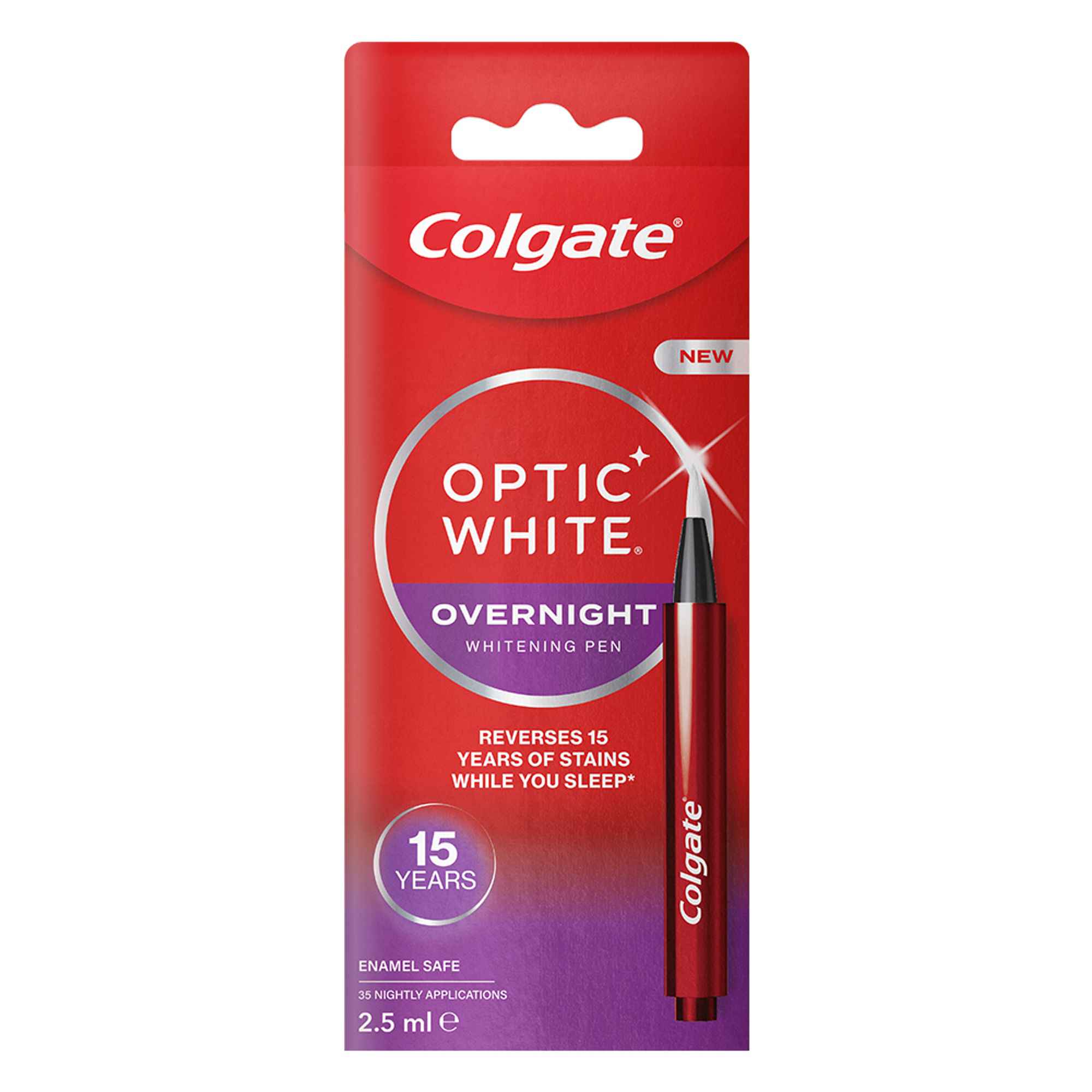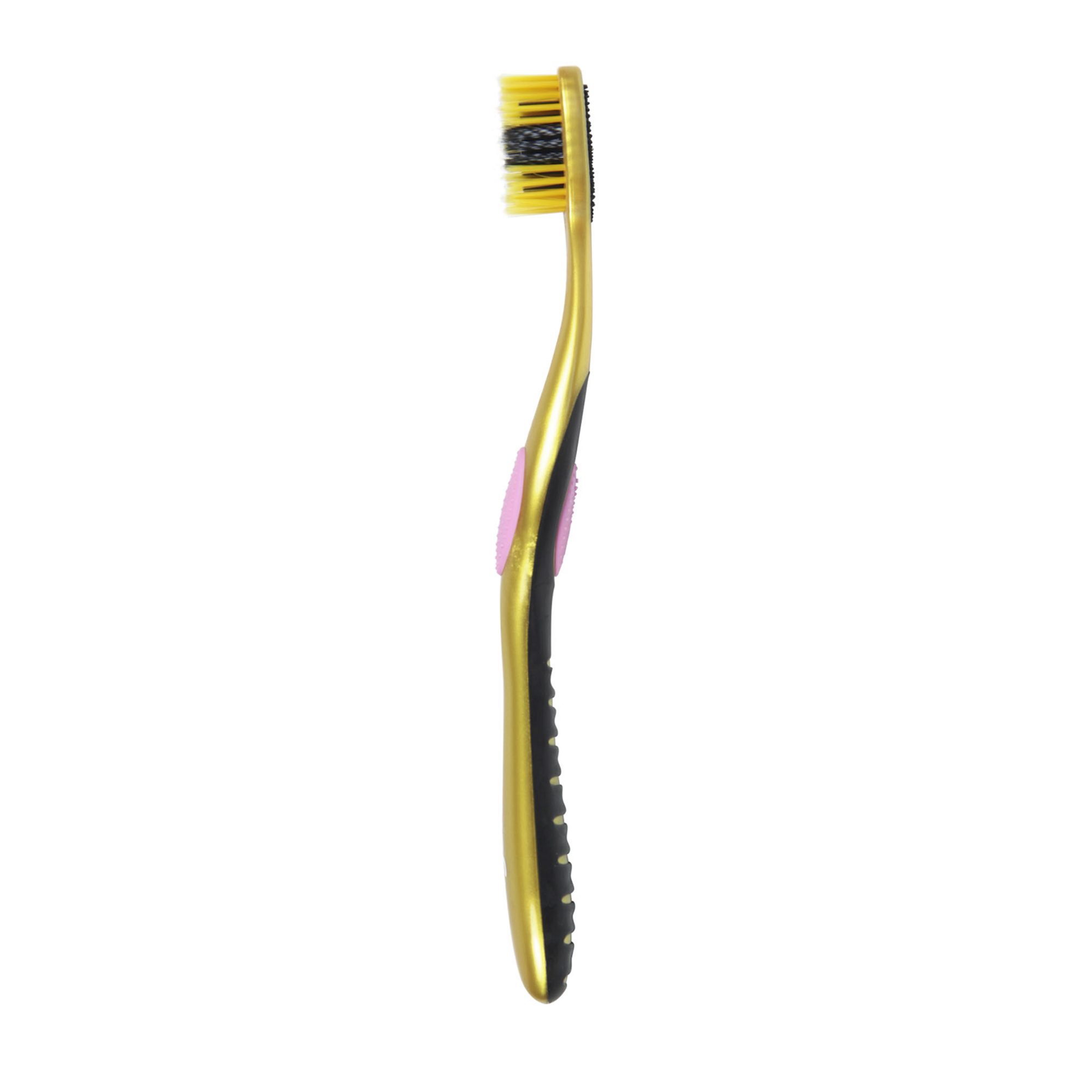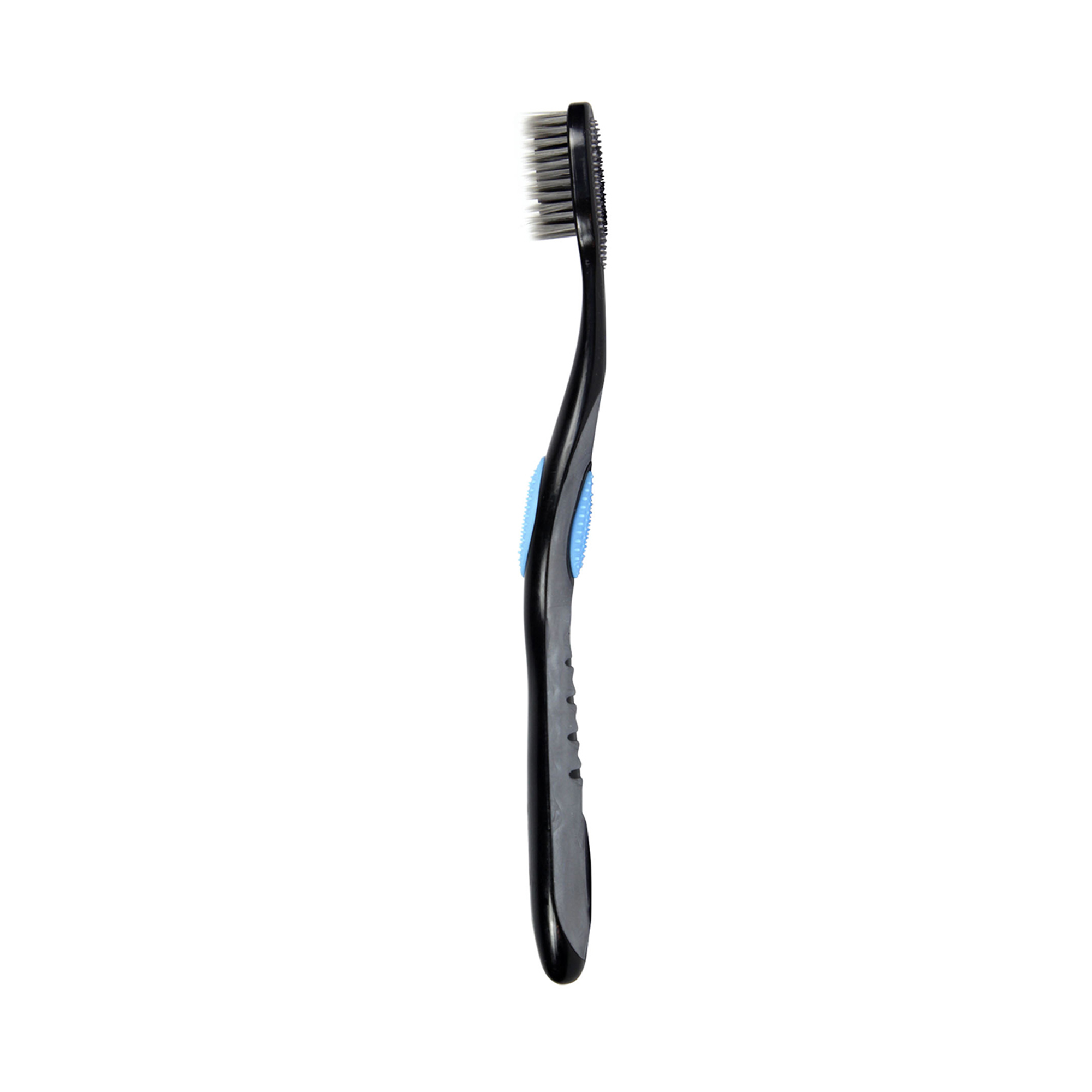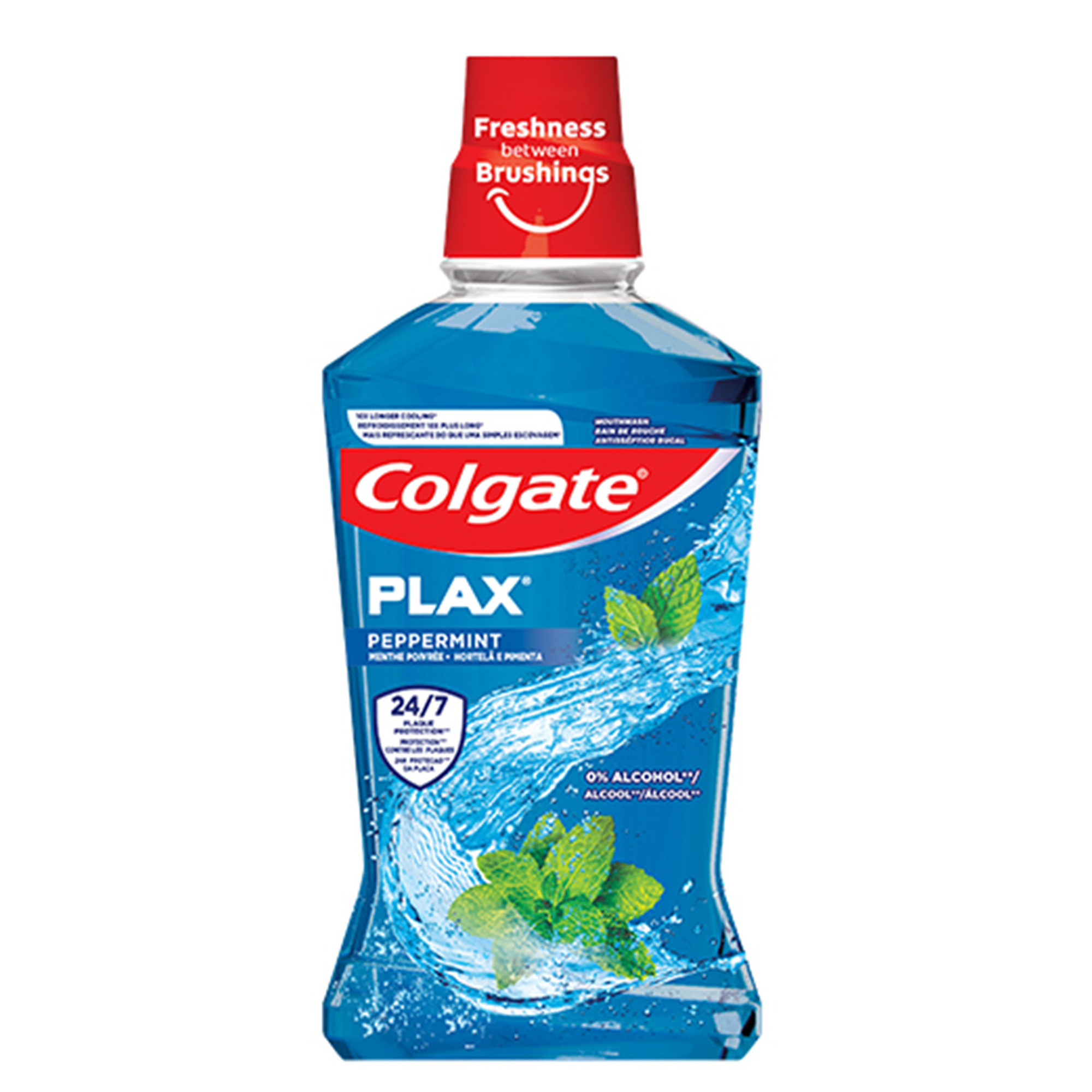-
-

NUTRITION AND ORAL HEALTH
What is Dental Public Health? A Look at How It Can HelpMany oral diseases can be prevented with routine care and regular dental checkups...

NUTRITION AND ORAL HEALTH
How to Limit the Effects of Sugar on TeethCookies, cakes, candy and sodas – everywhere you go, there are sugary treats to tempt...
-
Science & Innovation
- Colgate® | Toothpaste, Toothbrushes & Oral Care Resources
- Oral Health
- Respiratory Conditions
- Snoring: Talk to Your Dentist to Get Help


Do you snore? If so, you're in good company. To get help, many people talk to their primary care physician. But did you know that you can also talk to your dentist?
Why Do I Snore?
Snoring occurs when there is an obstruction in your airway during sleep. This obstruction can be caused by the tongue or soft tissues in the mouth. When tissues in the top of the airway hit each other, the vibration that results creates a loud noise.
The loud noise may occur with short pauses in between. This could be an indicator of sleep apnea. When a patient has obstructive sleep apnea, breathing actually stops for brief moments, and this process can result in damaging effects on the body, such as atherosclerosis and other serious cardiovascular problems. Sleep apnea and the tendency to snore at night can also be the cause of daytime sleepiness and daily fatigue.
How Can My Dentist Help Me?
If you or your spouse notices a consistent problem at night, mention it to your dentist. Be prepared to explain the pattern of noise that you notice and also episodes of daytime sleep or fatigue.
There are several tests that your dental professional can arrange to keep you safe at night. One of these tests is called a polysomnogram, or sleep study. During the evaluation, experts analyze your sleeping patterns and your vital signs are monitored over the course of a night.
But there are other remedies that your dentist may recommend. The National Institutes of Health National Institute on Aging recommend these strategies to reduce snoring at night:
- Lose weight. Too much weight can cause changes to the structures around your airway.
- Consume little or no alcohol at night. Alcohol can change the quality of your sleep.
- Reduce or eliminate the use of sedatives. Talk to your doctor about alternatives.
- Don't sleep on your back. Try side sleeping with a supportive pillow.
With the support of your dental professional, you should be able to get to the root of your snoring issue and sleep more soundly at night.
Related Products

Helping dental professionals
More professionals across the world trust Colgate. Find resources, products, and information to give your patients a healthier future

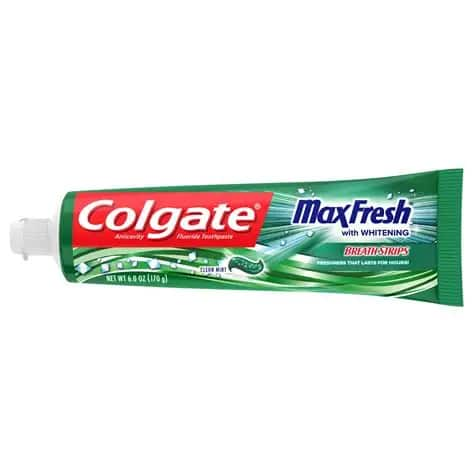
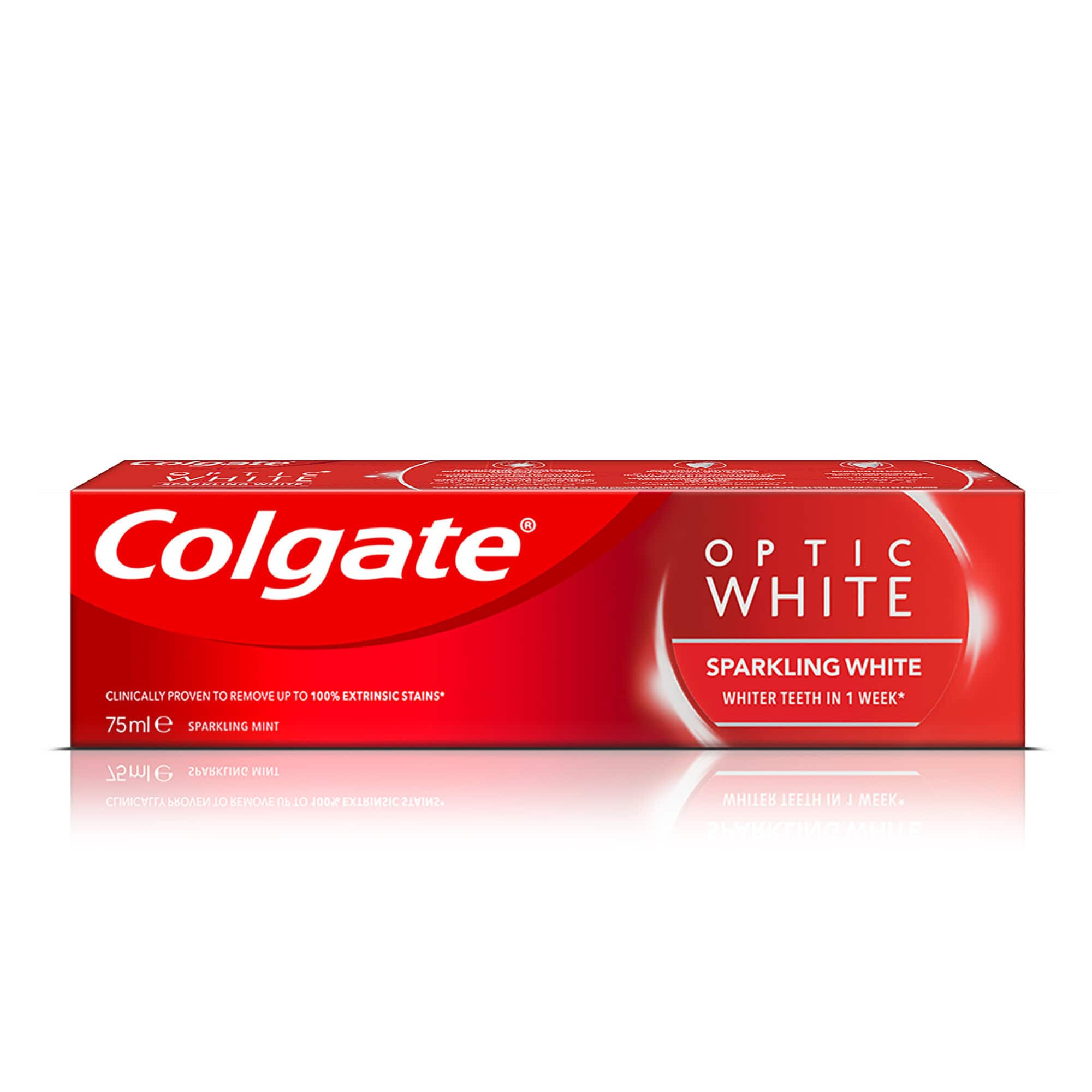
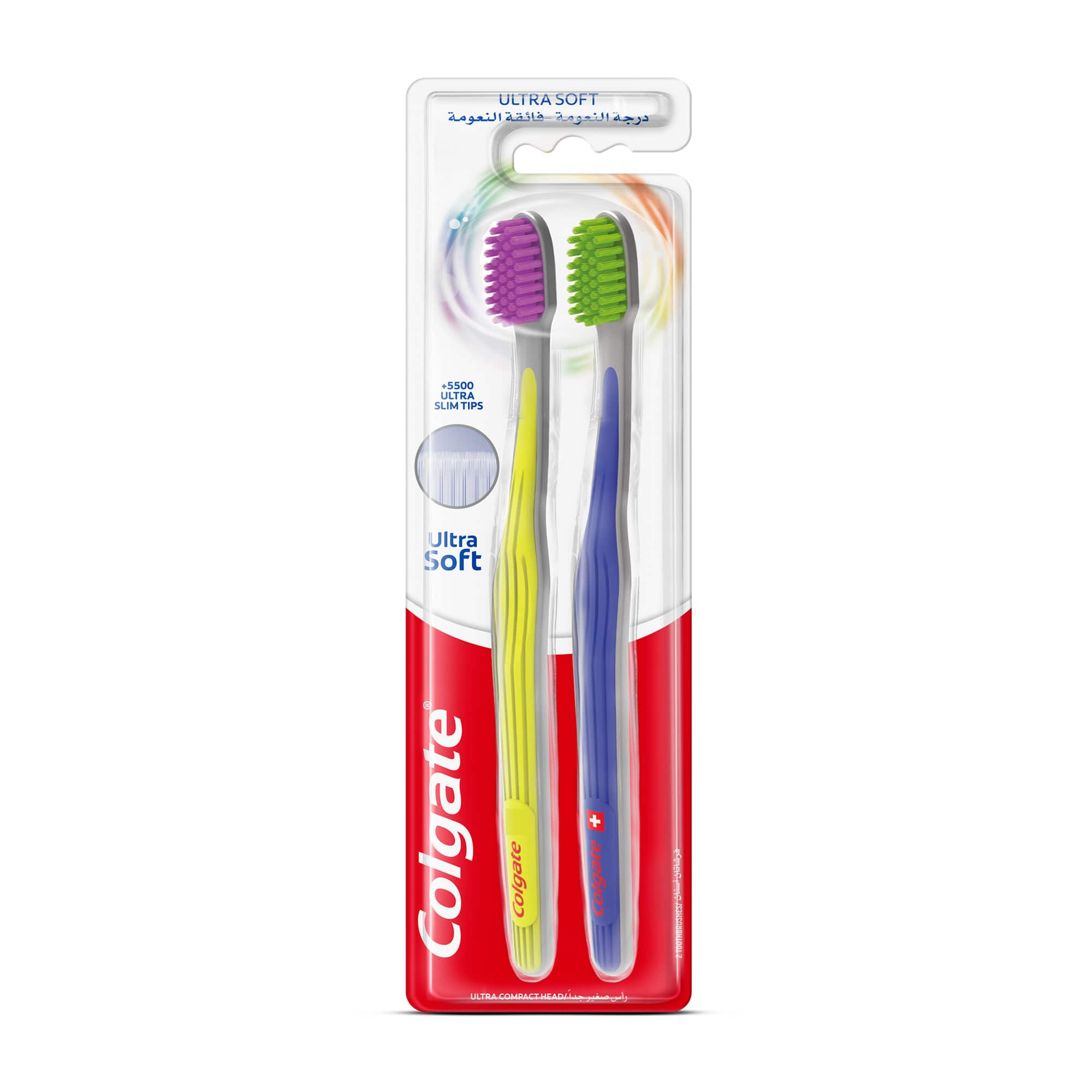
.jpg)


